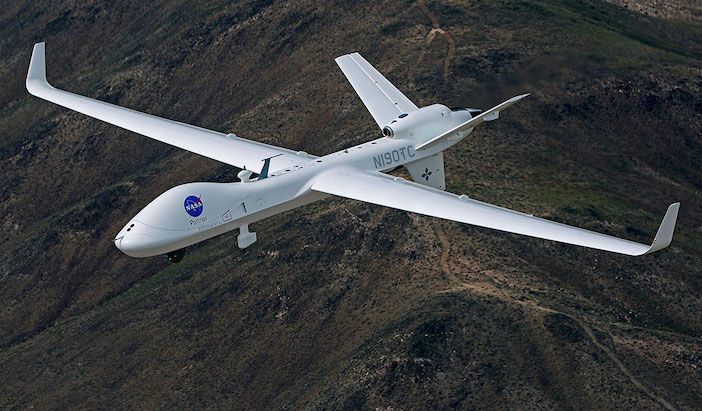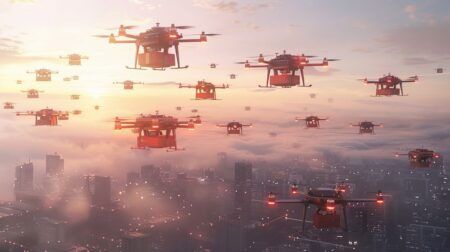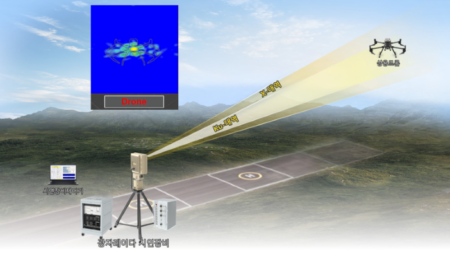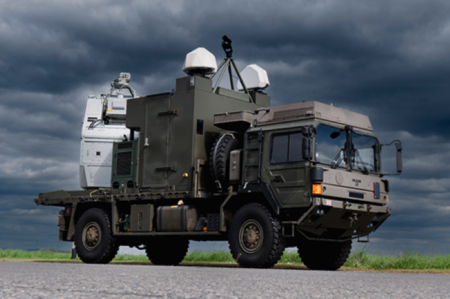General Atomics Aeronautical Systems is to validate its SeaGuardian unmanned drone for use by Japan’s Coast Guard Service in mid-September in a series of test flights.
The long endurance Remotely Piloted Aircraft Systems (RPAS) SeaGuardian is a variant of the MQ-9 Reaper drone and features lightning protection, composite materials, and sense and avoid technology. The 79 ft (24 m) wingspan aircraft can fly for up to 40 hours at up to 50,000 ft.
The validation flights, which will be conducted in partnership with Asia Air Survey (AAS) are expected to run for approximately two months and will include support from the Japan Maritime Self Defense Force (JMSDF) at its Hachinohe base in Aomori Prefecture.
The flights aim to validate the wide-area maritime surveillance capabilities of RPAS for carrying out the Japan Coast Guard’s (JCG) missions, such as search and rescue, disaster response, and maritime law enforcement.
According to the JCG, the flight validation will be conducted in accordance with “the policy on strengthening maritime security systems,” using drones to perform maritime wide-area surveillance using new technology.
“We’re pleased to support the JCG’s goals of validating SeaGuardian’s maritime surveillance performance,” said Linden Blue, CEO of General Atomics Aeronautical Systems. “We know there is a need in Japan and worldwide for affordable, long-endurance airborne surveillance in the maritime domain.”
The SeaGuardian system features a multi-mode maritime surface-search radar with inverse synthetic aperture radar (ISAR) imaging mode, an automatic identification system (AIS) receiver, and high definition – full motion video sensor equipped with optical and infrared cameras. This sensor suite enables detection and identification of surface vessels over thousands of square nautical miles.
The aircraft’s Raytheon-supplied SeaVue surface-search radar system provides automatic tracking of maritime targets and correlation of AIS transmitters with radar tracks.
General Atomics Aeronautical Systems’ SeaGuardian and SkyGuardian RPAS are designed to operate in all-weather and are built to achieve Type Certification based on STANAG (NATO standard) airworthiness compliance.





